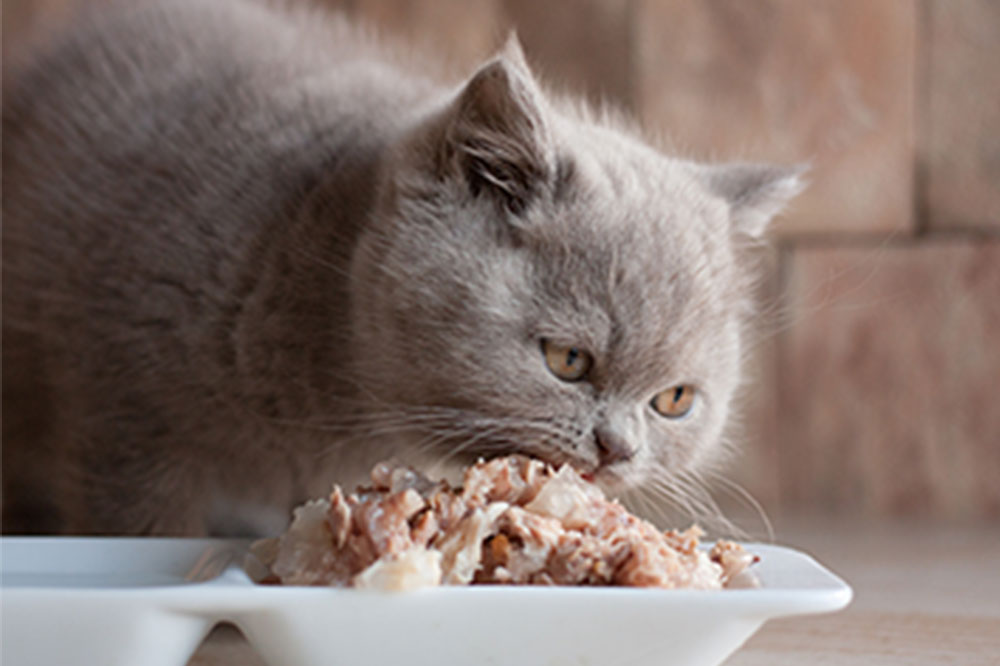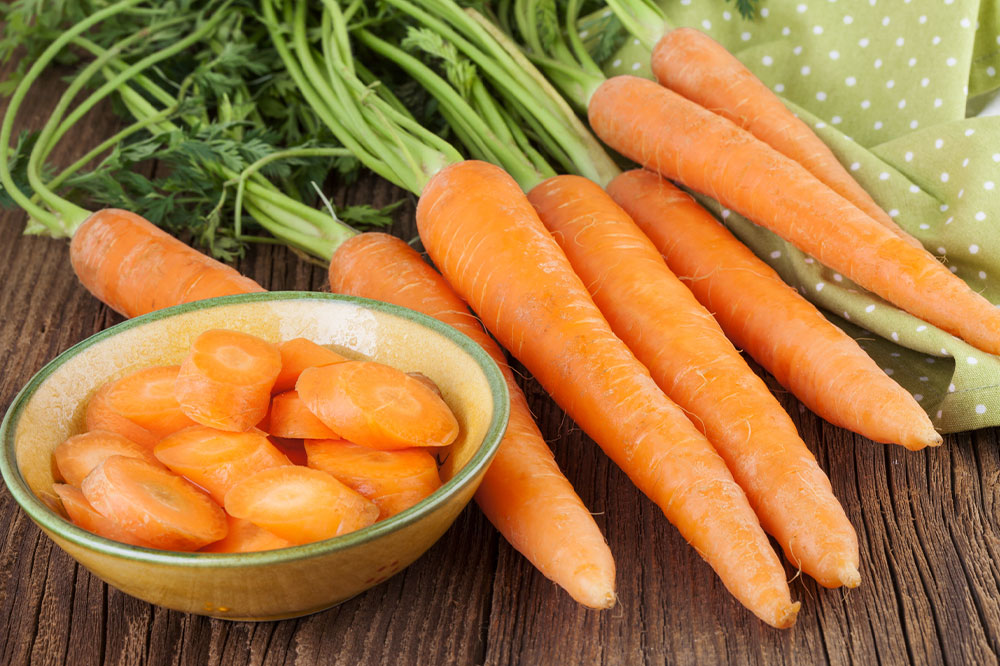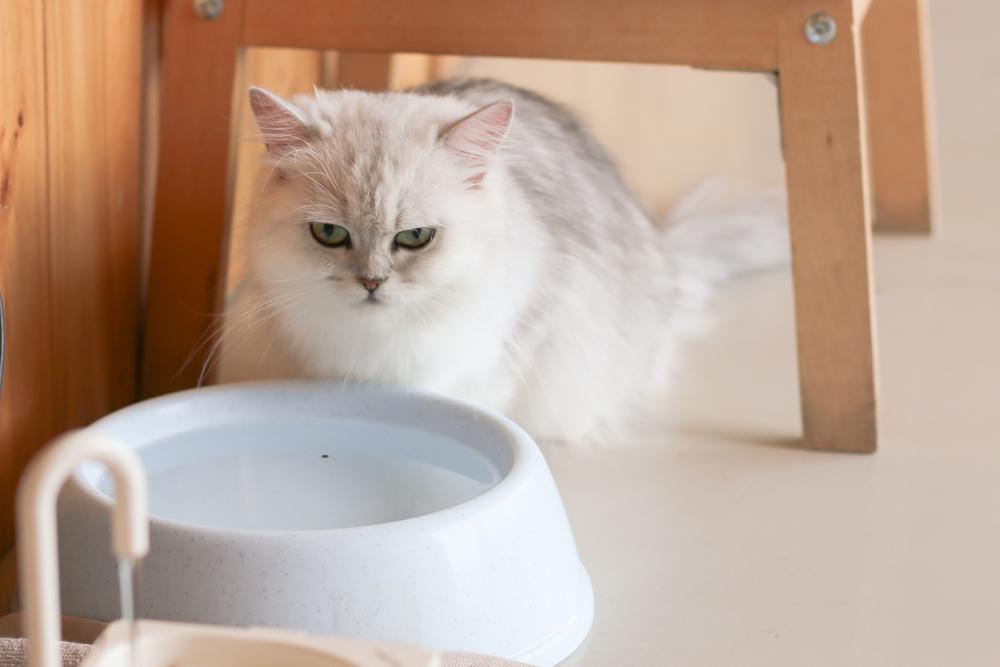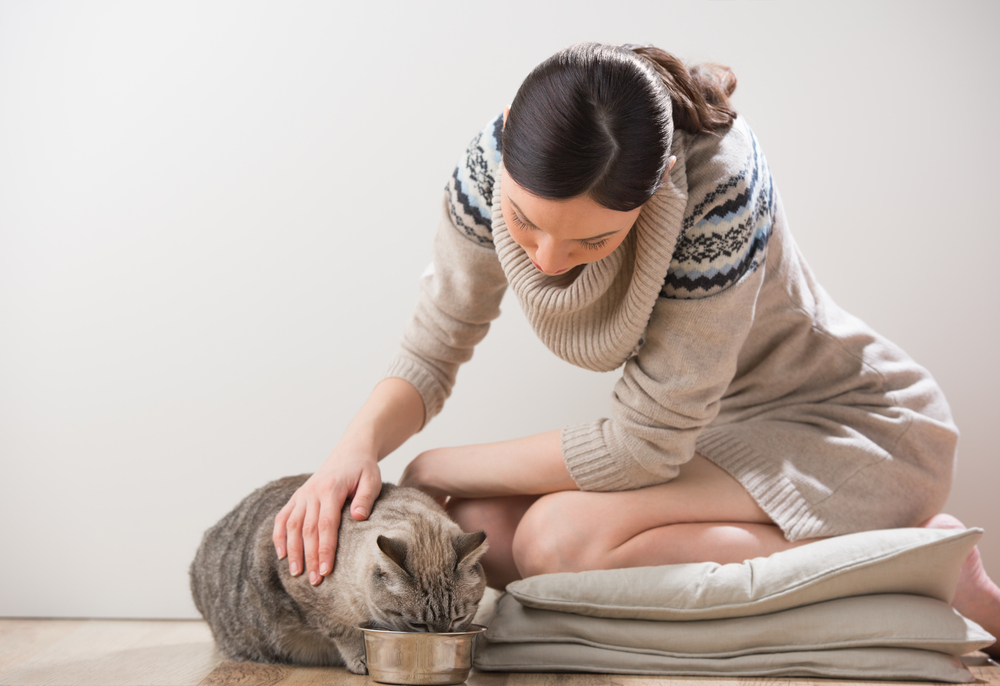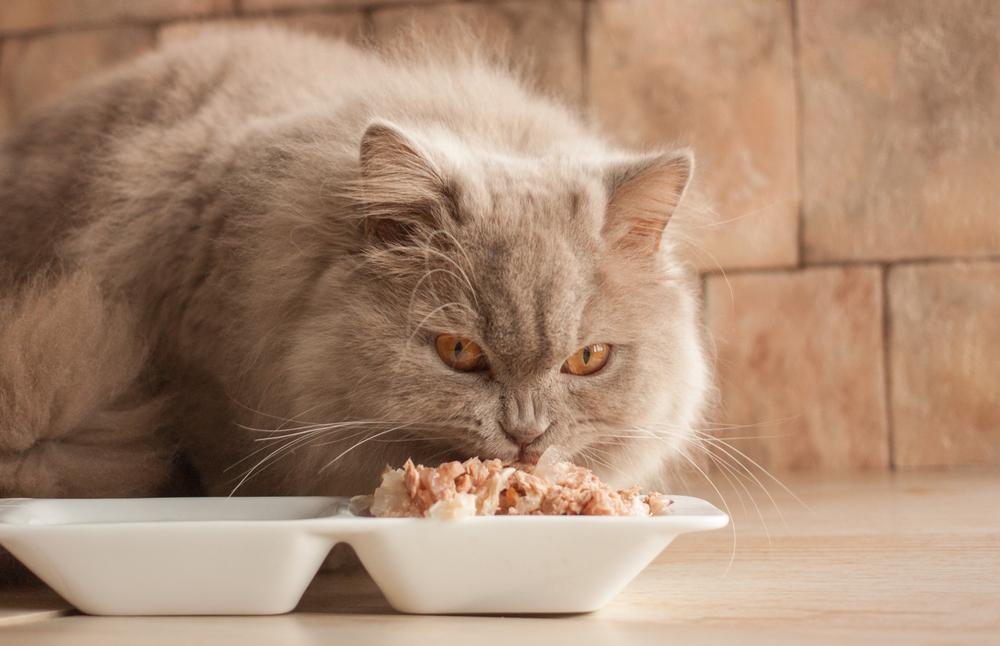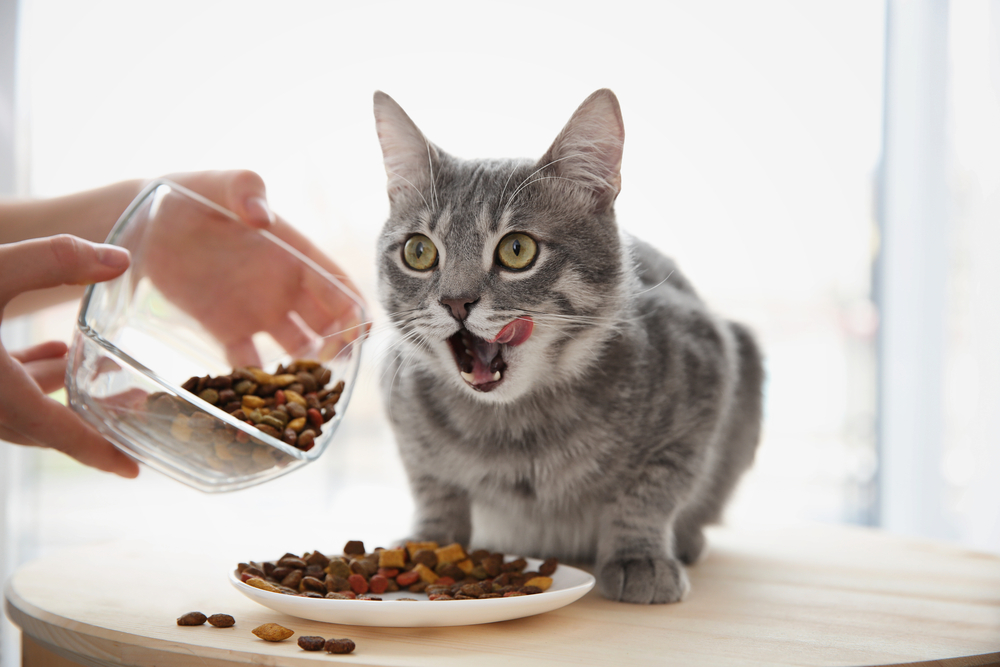Comprehensive Guide to Choosing the Best Dry Food for Your Indoor Cat
Discover how to select the perfect dry food for your indoor cat with this detailed guide. Learn about considerations like age, allergies, and brand reputation to ensure your feline friend stays healthy and happy. This comprehensive article offers expert advice on choosing safe, nutritious, and suitable dry food tailored to your indoor cat's needs, helping you make informed decisions and promote their well-being.
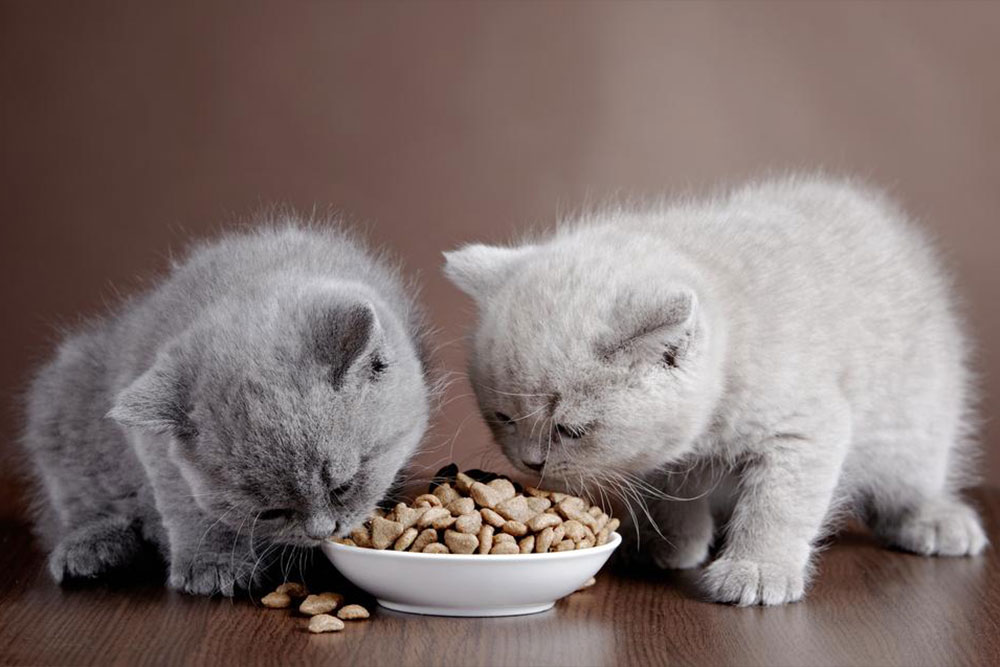
Comprehensive Guide to Choosing the Best Dry Food for Your Indoor Cat
Cats are cherished companions that bring joy and comfort into our homes. For many pet owners, watching their feline friends curl up peacefully is a daily source of happiness. A pivotal aspect of caring for an indoor cat is providing them with the right nutrition, especially high-quality dry food. Proper diet not only sustains their energy levels but also promotes long-term health and vitality. Selecting the most suitable dry cat food tailored to their unique needs can significantly affect their wellbeing and happiness.
Indoor cats have nutritional requirements that differ considerably from their outdoor counterparts. While outdoor cats hunt and engage in varied physical activities, indoor cats require carefully curated diets to sustain their health, prevent obesity, and support their activity levels. Because of the vast array of options available on the market today, choosing the right dry food can be a daunting task for many pet owners. This comprehensive guide aims to simplify the process by highlighting key factors that should influence your decision-making and offering expert advice on selecting the best dry food for your indoor feline.
When choosing dry food for your indoor cat, it’s essential to consider several critical factors that ensure you meet their specific health and dietary needs. Here are the most important aspects to keep in mind:
Age and Life Stage – Cats go through various life stages, from playful kittens to mature seniors. Each stage requires tailored nutritional support. Kittens need nutrient-rich, calorie-dense foods to support rapid growth. Adult cats require balanced diets that maintain health without excess calories, while senior cats benefit from formulas designed to support joint health, cognitive function, and digestion. Many brands offer specialized formulas for different age brackets, making it easier to select age-appropriate nutrition.
Allergy and Sensitivity Considerations – Just like humans, cats can develop food allergies or sensitivities. Common allergens include soy, wheat, corn, and certain proteins. Carefully reading ingredient labels can help you avoid potential triggers. Choosing hypoallergenic or limited ingredient diets can reduce the risk of allergic reactions and improve your cat’s overall health.
Weight Management and Dietary Restrictions – Maintaining a healthy weight is vital for indoor cats, who tend to gain weight more easily due to lower activity levels. If your cat is overweight, look for weight-control formulas that are lower in calories but still provide essential nutrients. Conversely, underweight cats may require calorie-dense diets to promote healthy weight gain. Additionally, cats suffering from specific conditions like urinary issues, food sensitivities, or digestive problems may require specialized diets recommended by a veterinarian.
Brand Reputation and Food Safety – The pet food industry features a wide range of brands, from reputable industry leaders to newcomers. It’s wise to invest in brands known for rigorous safety standards, quality control, and transparent ingredient sourcing. Reading reviews and consulting with your veterinarian can help you choose trusted brands that prioritize your cat’s health.
Sampling and Trial Periods – Before committing to large quantities, consider purchasing small, trial-size packages. This approach allows your cat to try new foods without waste, and it enables you to observe their preferences and any potential adverse reactions. Gradually introduce new diets to minimize digestive upset and monitor your feline friend’s response.
In addition to these factors, maintaining a consistent feeding routine, ensuring fresh clean water is always accessible, and observing your cat’s health indicators are crucial parts of ensuring their dietary needs are met effectively. Choosing the right dry food is an ongoing process that involves attentive observation, research, and sometimes trial and error, but prioritizing your cat’s health will always be worth the effort.
By investing in high-quality dry food tailored to your indoor cat’s specific needs, you not only promote their health but also deepen the bond you share. Remember to consult your veterinarian regularly for personalized recommendations, especially if your cat has health concerns or special dietary needs. With the right choice, your indoor feline friend can enjoy a happy, healthy, and fulfilled life.
